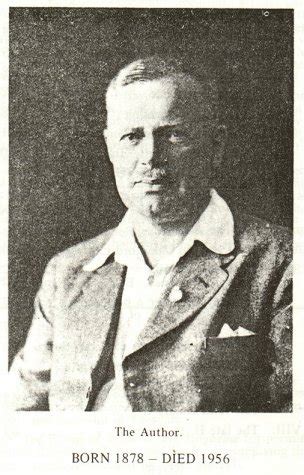A Quote by Rainer Maria Rilke
Irony: Don't let yourself be controlled by it, especially during uncreative moments.
Quote Topics
Related Quotes
Irony is a disciplinarian feared only by those who do not know it, but cherished by those who do. He who does not understand irony and has no ear for its whispering lacks of what might called the absolute beginning of the personal life. He lacks what at moments is indispensable for the personal life, lacks both the regeneration and rejuvenation, the cleaning baptism of irony that redeems the soul from having its life in finitude though living boldly and energetically in finitude.
Creativity has nothing to do with any activity in particular - with painting, poetry, dancing, singing. It has nothing to do with anything in particular. Anything can be creative - you bring that quality to the activity. Activity itself is neither creative nor uncreative. You can paint in an uncreative way. You can sing in an uncreative way. You can clean the floor in a creative way. You can cook in a creative way. Creativity is the quality that you bring to the activity you are doing. It is an attitude, an inner approach - how you look at things.
All the things I used to count on to get my music out there - record companies, they're all gone. And radio stations, they're gone - they're completely controlled by the government. If they're not controlled by the government, they're controlled by a programmer who's controlled by the government. Mainstream radio is suspect. You can't trust it.
And make no mistake: irony tyrannizes us. The reason why our pervasive cultural irony is at once so powerful and so unsatisfying is that an ironist is impossible to pin down. All U.S. irony is based on an implicit "I don’t really mean what I’m saying." So what does irony as a cultural norm mean to say? That it’s impossible to mean what you say? That maybe it’s too bad it’s impossible, but wake up and smell the coffee already? Most likely, I think, today’s irony ends up saying: "How totally banal of you to ask what I really mean.
The Boer War occurred 37 years ago. Boer means farmer. Many criticized a great power like Britain for trying to wipe out the Boers. Upon making inquiry, I found all the gold and diamond mines of South Africa were owned by Jews; that Rothschild controlled gold; Samuels controlled silver, Baum controlled other mining, and Moses controlled base metals. Anything these people touch they inevitably pollute.







































